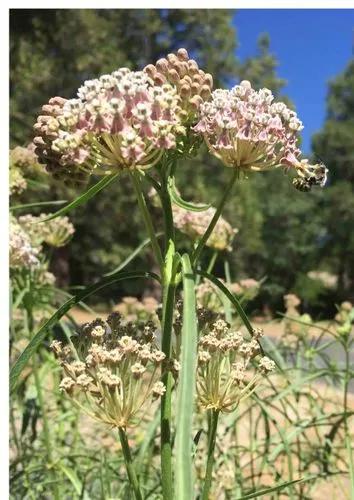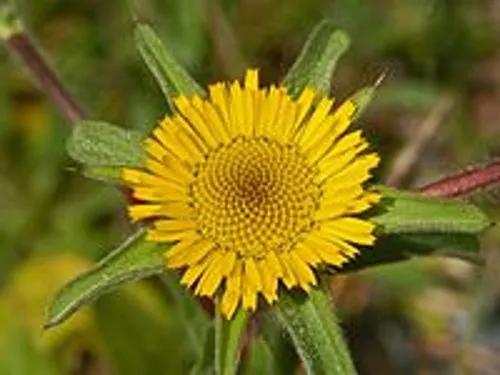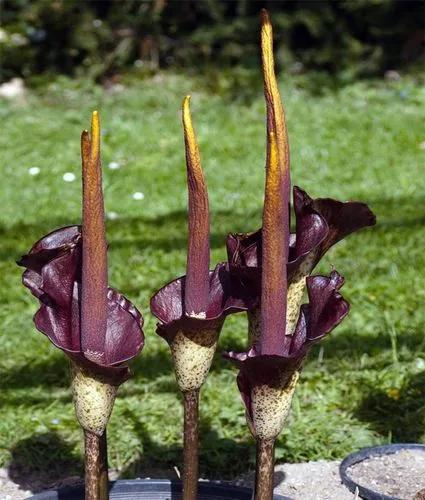The American elderberry (Sambucus canadensis) is a deciduous shrub that comes from North America. It is also known as the pie elder, American elder, black elderberry, elder-blow, sweet elder or just elderberry. Each spring the plant is covered with clusters of tiny white flowers that are followed by purplish-black fruit. The flowers and fruit have applications in alternative medicine, though its sibling (common elderberry, or Sambucus nigra) is the species that is usually used for healing.American elderberry shrubs are prolific in the wild, so it's no surprise that when planted in a garden, they're easy to maintain and tolerate a wide variety of growing conditions. Once established, elderberry shrubs will be with you for the long haul.
American Black Elderberry Care
Sambucus Canadensis
Other names: Common Elderberry



Invasive in the American Midwest, South Africa, and Cuba.
How to Care for the Plant

Water

Elderberries need a lot of water, but as long as the roots have had a chance to anchor themselves, the shrub can handle periods of drought. The soil around an elderberry shrub should be moist, but not waterlogged.

Pruning

This shrub does tend to form a lot of suckers. This can be a beneficial characteristic if you're trying to populate a native garden inexpensively, for instance, but it can be annoying otherwise. It may even become invasive in some areas. Your local garden center should know if this is the case.You can make the shrubs into a standard (small tree) form by choosing and developing a central leader. Otherwise, it is usually a multi-trunked shrub.Plan on removing dead, damaged and diseased canes (flexible branches) at the start of spring. You should also remove canes that are over three years old since younger ones produce better and this pruning will encourage new growth. Pruning can also be used to make a shrub's appearance neater, as it can become a bit lanky.

Fertilizer

Before planting American elderberry shrubs, amend the soil with compost. Then, fertilize annually with additional compost in the springtime.

Sunlight

Elderberry shrubs need full sun exposure to partial shade.

Soil

The American elderberry is a good choice if you have a location that tends to be moist or wet. That said, the site should also drain well to discourage root rot. Elderberry shrubs are able to handle a pH range from acidic to alkaline, but do best in slightly acidic soil.

Temperature

American elderberry shrubs' easygoing nature extends to temperature and humidity as well. While elderberries thrive in zones 3–11, they're deciduous through zone 8, and evergreen in zones 9–11, where there is no frost.

Additional

You need to cook elderberry fruit before eating or it can be poisonous. The fruit can be tasty and useful as long as you prepare it correctly. The rest of the plant is also potentially toxic.

Popularity

1,550 people already have this plant 122 people have added this plant to their wishlists
Discover more plants with the list below
Popular articles






